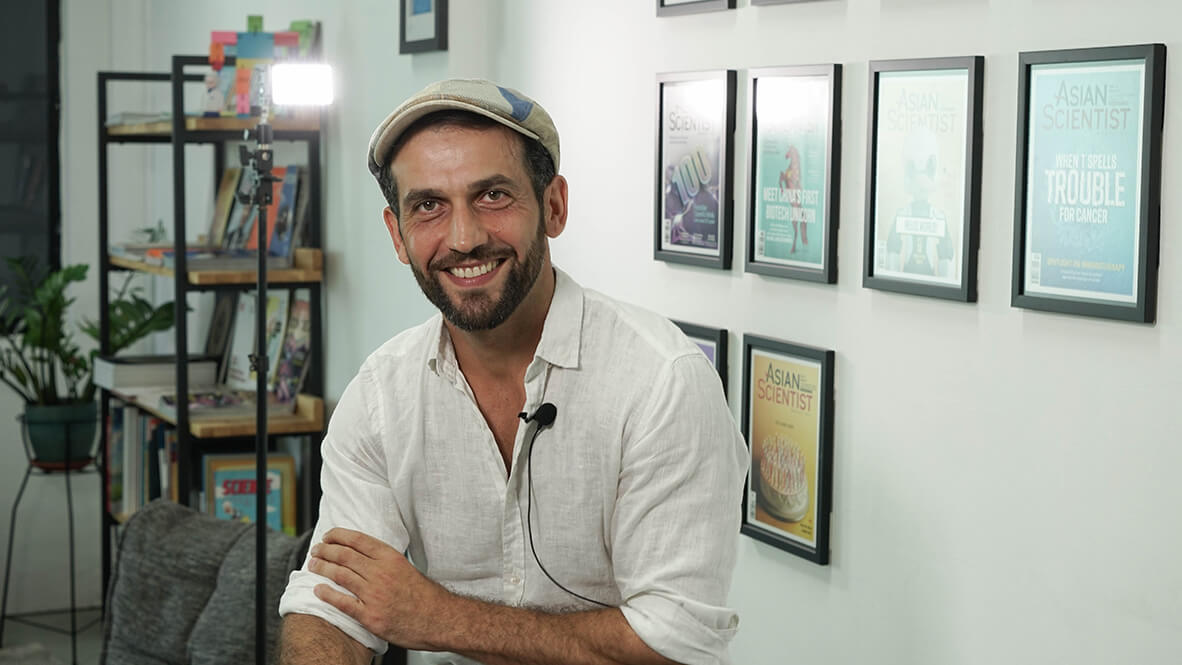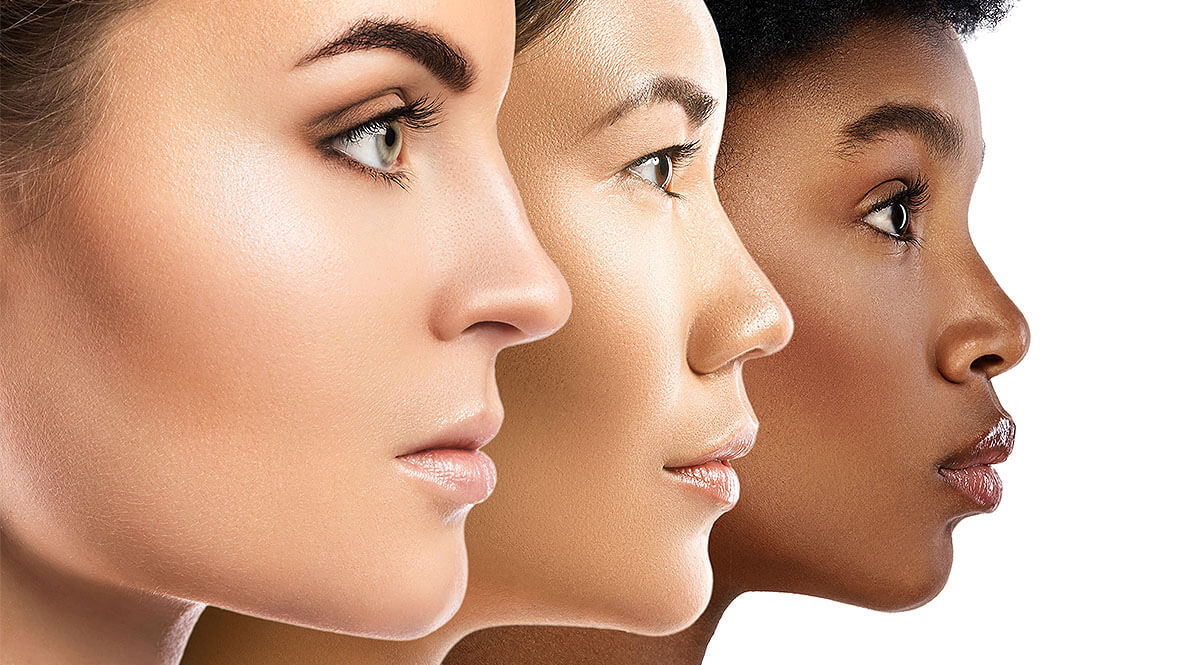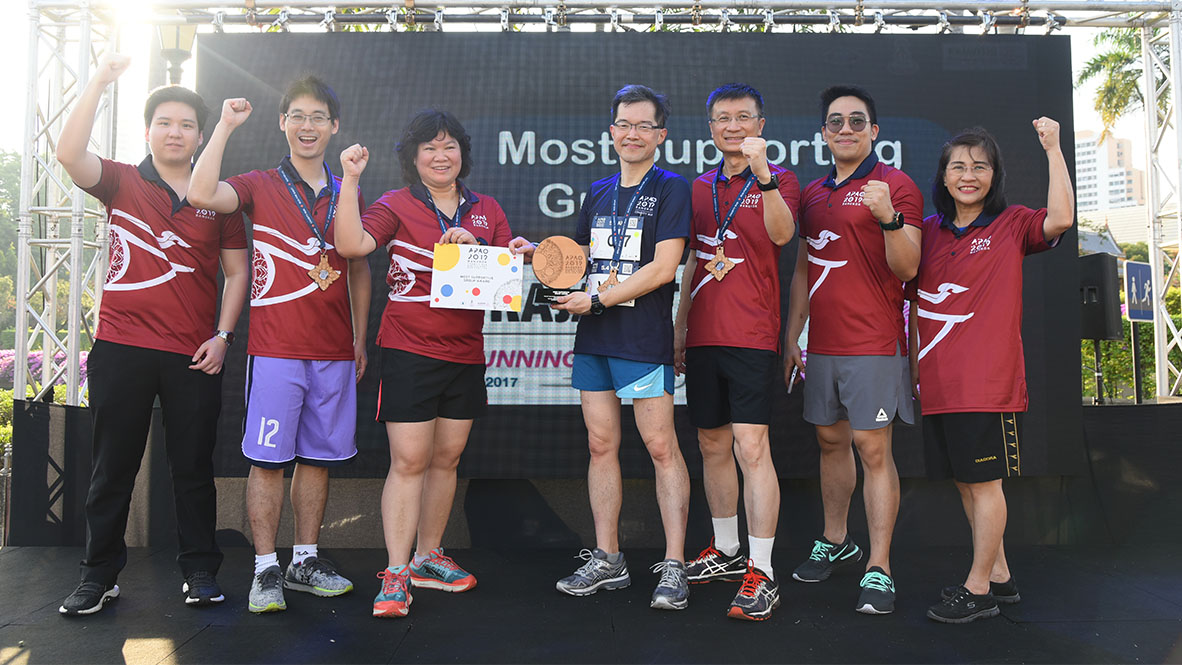Kudos to Assoc. Prof. Mo Dirani for his tireless crusade against myopia in children. His recent projects include a book series, called The Plano Adventures, which aims to educate children on the environmental risk factors that contribute to the development of myopia.
Mobile device dependency, gaming addiction, cyberbullying, and lack of outdoor activity are all common and growing problems in children worldwide. Often, these are the results of excessive device usage, which often leads to vision conditions, particularly myopia or nearsightedness.
To address this issue, academic and global myopia authority Associate Professor Mohamed (Mo) Dirani collaborated with Singapore’s award-winning creatives, Hwee Goh and David Liew, to produce an engaging book series for children, called “The Plano Adventures”.
We talked to Prof. Mo to find out more about the books and get his take on myopia.
CAKE: What is The Plano Adventures about?
Prof. Mo: The Plano Adventures is a series of books that aims to educate children on the environmental risk factors that contribute to the development of myopia, including excessive near work and lack of outdoor activity. The five books in the series address global issues on the link between excessive device use and adverse health outcomes, with a focus on myopia (first two books), gaming addiction, cyberbullying and device dependency.
The underlying call to action in each book in the series is for children to remember and adopt Professor Plano’s “Clear Vision Recipe”, which consists of recommendations on healthy device use and eye care habits, developed using the latest scientific literature.
CAKE: What inspired you to publish the series?
Prof. Mo: I knew that it was important to empower the next generation with the required knowledge to avoid the pitfalls of excessive device usage and establish healthy relationships with emerging technology. The challenge was finding a way to go about educating children in an engaging manner. Through this publication, we have truly managed to deliver science in a fun and engaging narrative that all children will enjoy.
CAKE: Please share your experience in producing the books.
Prof. Mo: As an eye scientist focused on writing scientific manuscripts, it was a huge opportunity for me to collaborate with author and renowned children’s book writer Hwee Goh and celebrated illustrator David Liew to relay our scientific findings to the public and educate children on vision care and the perils of excessive device use in a creative and engaging way.. It was very special how the stories came together, from the initial pitch, to the draft storylines, sketches, scientific reviews and finally, the official publication by Marshall Cavendish, without whom this book series would not have been possible.
We engage readers through each of our social media platforms, print and media publications, as well as live book readings. These have been very well received by both parents and children, and we are incredibly humbled to have their continued support ever since we embarked on this journey together.
CAKE: Will there be more Plano Adventure books in the pipeline? What are you currently working on?
Prof. Mo: Goh, Liew and I are developing The Plano Adventures sequel and picture books, and we have also developed a 24-week video series called The Plano Diaries at the request of many parents. The episodes are released every Friday and are available on the Plano App social media platforms. Each episode in the video series offers a deeper look into the backstory of each of the characters.
CAKE: Please tell us more about the Plano App.
Prof. Mo: My team at Plano Pte. Ltd. has developed the Plano App to address the rising issue of unhealthy smart device use in children and to assist parents in cultivating healthy eye care habits in children. The app provides various child safety functions, while using science-based features that help modify behavior in children to reduce myopia-related risk factors.
We are also working on launching a major update to our in-app optometry referral platform, where the Plano App uses smart algorithms to remind parents when to take their children for comprehensive eye examinations according to recommended national guidelines. Parents can then easily locate and book their children’s next eye examination within the platform itself. Through this platform, we hope to make the process of getting children into eye care early and in a regular and timely manner, which is pivotal in addressing the growing issue of myopia in Singapore and around the world.
CAKE: After the books, what’s next for Plano?
Prof. Mo: Beyond these current efforts, we are looking into partnering with major players in the publication and film industries to create a film adaptation of the series. We also hope to get The Plano Adventures integrated into the school curriculum across the globe to ensure that children as young as five years old can have the knowledge at hand to better understand the role of smart devices in their life.
CAKE: What is your take on myopia? How do you foresee the condition in the future?
Prof. Mo: Myopia is one of the most common health problems, affecting an estimated two billion people worldwide. The number of people with myopia is expected to increase to five billion by 2050, which will be half of the world’s population. Studies have attributed the increasing prevalence of myopia to the rising trend of smart device use in children. The unfortunate reality is that 90 percent of all cases develop during childhood years. Unless we address this immediately, we will be seeing our clinics and hospitals filled with patients with sight-threatening high myopia. Our collective efforts are necessary in alleviating this public health and economic crisis.
When it comes to myopia, early detection and ongoing management is important. The sooner we educate children on how to develop responsible device use and increase outdoor activity, the better the chances of reducing the risk of device dependency and myopia.
CAKE: What advice would you give to parents to help them reduce and manage myopia-related risk factors in their children?
Prof. Mo: Parents should be empowered to manage the time their children spend on smart devices better and help modify their children’s behavior to reduce myopia-related risk factors. By modifying particular risk factors, such as the amount of time their children spend on devices and the lack of outdoor activity, they can help slow down the progression of myopia or even in some cases, delay the onset of myopia, which reduces the chances of developing sight-threatening high myopia. We have published a report for parents and teachers on how to manage smart device use and myopia in children, which is available to download for free from our website, www.plano.co.
Editor’s Note: The Plano Series is currently sold in all major bookstores in the United Kingdom, the United States, Australia and Singapore. It is also available for online orders in Singapore on The Plano Shop (www.plano.co/plano-shop/), and worldwide on websites for Amazon, Book Depository, and Marshall Cavendish.
Professor Plano’s ‘Clear Vision Recipe’ [and the research findings that support it!]
- Scoops of Good Distance – We should use smart devices at a distance of at least 30 cm from our eyes.
Bababekova Y, Rosenfield M, Hue JE, Huang RR. Font size and viewing distance of handheld smart phones. Optom Vis Sci. 2011;88(7):795-797. - Dashes of Eye Breaks – We are recommended to take eye breaks after 30 minutes of using smart devices.
Huang L, Kawasaki H, Liu Y, Wang Z. The prevalence of myopia and the factors associated with it among university students in Nanjing: A cross-sectional study. Medicine (Baltimore). 2019;98(10):e14777. - Heaps of Time Outdoors – We should spend at least two to three hours every day outdoors.
- Foreman J, Dirani M. Keeping an eye on smart device use.
Singapore, 2018. https://www.plano.co/vision-smart/ - Huang L, Kawasaki H, Liu Y, Wang Z. The prevalence of myopia and the factors associated with it among university students in Nanjing: A cross-sectional study. Medicine (Baltimore) 2019;98(10):e14777.
- Dirani M, Tong L, Gazzard G, et. al. Outdoor activity and myopia in Singapore teenage children. Br J Ophthalmol. 2009;93(8):997-1000.
- Xiong S, Sankaridurg P, Naduvilath T, et al. Time spent in outdoor activities in relation to myopia prevention and control: a meta-analysis and systematic review. Acta Ophthalmol. 2017;95(6):551-566.
- Deng L, Pang Y. Effect of Outdoor Activities in Myopia Control: Meta-analysis of Clinical Studies. Optom Vis Sci. 2019;96(4):276-282.
- Foreman J, Dirani M. Keeping an eye on smart device use.
- MyPower – We should remember and adopt the recommendations every day.





